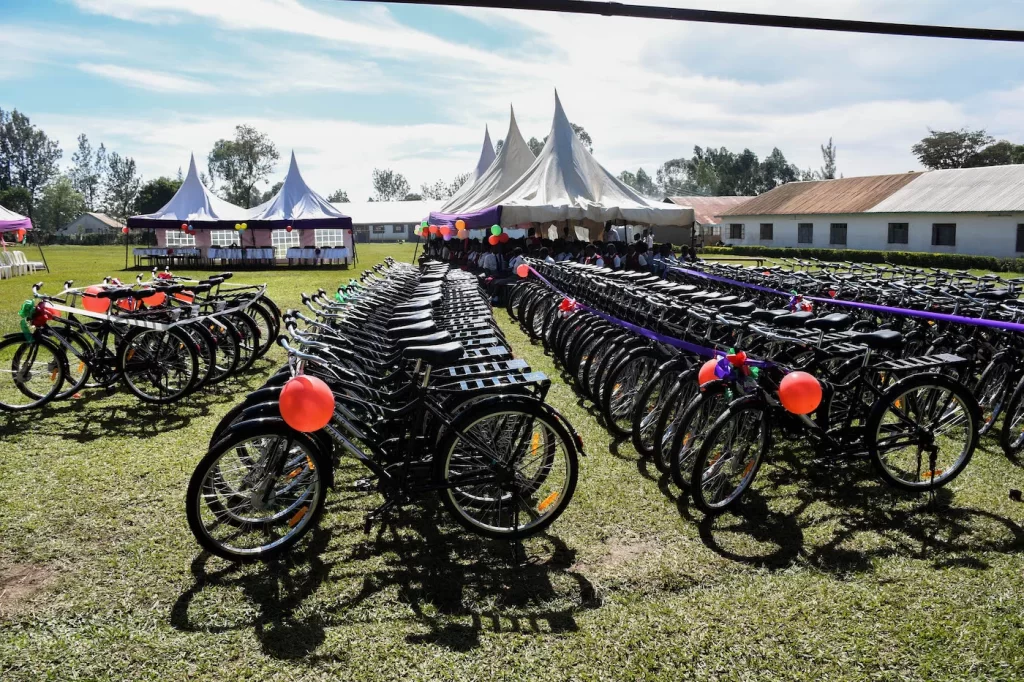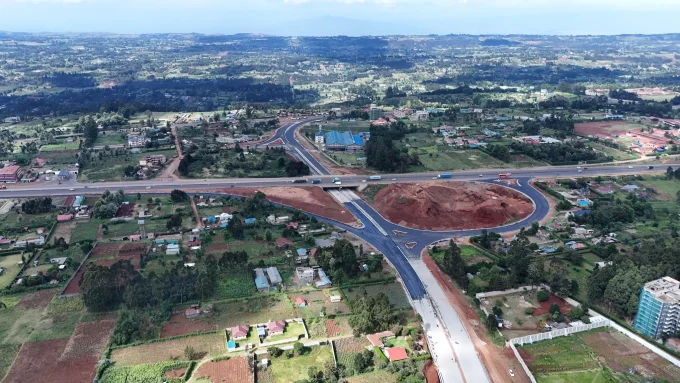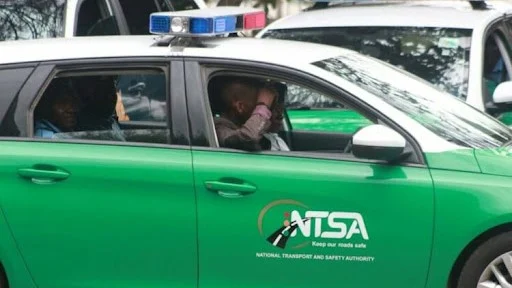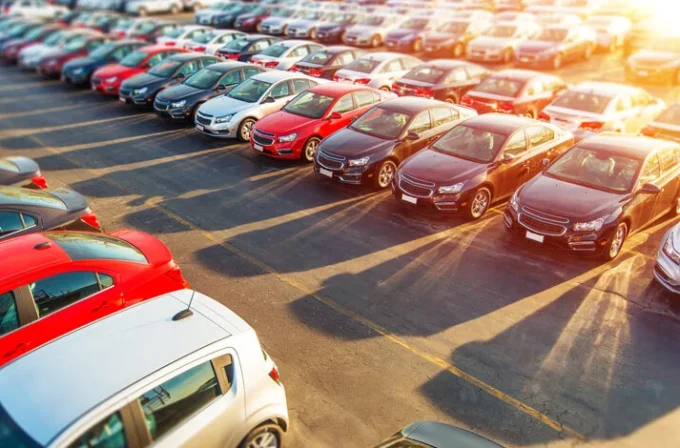World Bicycle Relief (WBR), the global non-profit dedicated to empowering underserved communities through the Power of Bicycles, has announced a partnership with Kakamega County to address rural mobility challenges through the deployment of 1,500 Buffalo Bicycles.
This initiative, which includes 1,000 bicycles purchased by the Kakamega County Ministry of Health and Environment and 500 donated by World Bicycle Relief, marks a transformative step towards improving healthcare delivery and conservation efforts in remote communities where distance is a barrier. Sourced from Buffalo Bicycle Ltd, World Bicycle Relief’s subsidiary, these bicycles are designed to navigate challenging rural terrain.
The partnership exemplifies the growing demand for reliable mobility solutions across East Africa and highlights how bicycles can drive scalable impact in healthcare, conservation, and economic development. Bridging the Gap in Healthcare Access For community health workers in Kakamega County, mobility has long been a barrier to effective service delivery.
Long journeys on foot have delayed critical care, reduced outreach, and limited access to essential services. With the introduction of Buffalo Bicycles, healthcare workers can now reach patients more efficiently, delivering life-saving services with speed and reliability.
> Family Bank GroupLinks Trainees With KDF Jobs
“Buffalo Bicycles are designed with the specific needs of rural healthcare workers in mind,” said Maureen Kalenyo, Regional Director for East Africa at World Bicycle Relief. “These bicycles ensure health workers can travel longer distances, carry necessary supplies, and respond to emergencies more effectively.”
Since 2010, World Bicycle Relief has distributed over 77,210 bicycles in Kenya, with 19,407 health workers already benefiting. Across the continent, the impact of these Bicycles is clear. In Kenya, equipped healthcare workers have reported a 35% increase in the number of patients visited. Similar outcomes in Malawi and Zambia show doubled outreach and improved treatment compliance, particularly for chronic illnesses.
Kakamega County anticipates these bicycles will enable health workers to deliver vaccinations, maternal care, and malaria treatments to underserved populations. One health worker shared their experience: “This bicycle has reduced my travel time significantly. It helps me reach patients, attend meetings, and respond quickly to emergencies in my area of operation,” said a community health promoter from Kakamega County.
Supporting Conservation Efforts
The partnership extends beyond healthcare, addressing critical environmental challenges in Kakamega County, home to Kenya’s only tropical rainforest, the Kakamega Forest. This unique and biodiverse ecosystem faces threats from illegal logging, habitat destruction, and encroachment.
By equipping environmental officers with Buffalo Bicycles, the initiative strengthens their capacity to monitor and protect these fragile areas effectively. With their high load capacity and durable design, Buffalo Bicycles allow officers to patrol vast forested areas, access remote locations more efficiently, and respond swiftly to illegal activities such as logging or poaching.

These bicycles also facilitate deeper engagement with local communities, enabling conservation officers to conduct education programs on the importance of preserving natural resources and sustainable land use practices. In addition to patrolling, Buffalo Bicycles are vital for transporting reforestation tools and materials.
Officers can now carry seedlings, soil testing kits, and other essential equipment directly into areas designated for rehabilitation. This not only reduces reliance on costly motorized transport but also lowers the carbon footprint of conservation operations, aligning with broader goals of sustainability and climate resilience.
Catalysing Economic and Social Impact Buffalo Bicycles goes beyond healthcare and conservation, empowering individuals and communities to access education, economic opportunities, and essential services. Farmers can reach markets more efficiently, students can attend school consistently, and small business owners can increase productivity — all driving economic growth in rural areas.
“By eliminating transportation costs, I can save between Ksh. 3,000 to Ksh. 4,000 per month and invest in improving my living standards,” shared Bernadette, a Buffalo Bicycle customer. To ensure the sustainability and long-term impact of these benefits, World Bicycle Relief is focused on building a holistic bicycle ecosystem in Kenya.
> Sanlam Kenya Announces Dates For its Ksh2.5 Billion Rights Issue
Through Buffalo Bicycle retail shops and trained mechanic networks, individuals and organizations can access Buffalo Bicycles, spare parts, and repair services. This ecosystem is essential for maintaining the durability and functionality of the bicycles, enabling users to stay mobile and productive.
“Our ecosystem approach ensures that users have access to maintenance and support, which is critical for the longevity and effectiveness of Buffalo Bicycles,” said Maureen Kalenyo, Regional Director for East Africa at World Bicycle Relief. “This extends the impact of our programs and ensures bicycles remain a reliable tool for change.”
With Kakamega County’s large-scale rollout, it becomes the first in East Africa to integrate Buffalo Bicycles into public service programs at this scale. This program is expected to enhance healthcare, support environmental conservation, and catalyze economic development, paving the way for a more equitable and sustainable future.
“The message to other counties is clear: investing in mobility solutions like Buffalo Bicycles can enhance healthcare delivery, education access, and economic development. Partnerships with World Bicycle Relief represent an opportunity to create long-term, scalable impact for underserved communities,” says Ms Kalenyo.
> John Methu: A profile of the Iconic Nyandarua Senator













Leave a comment